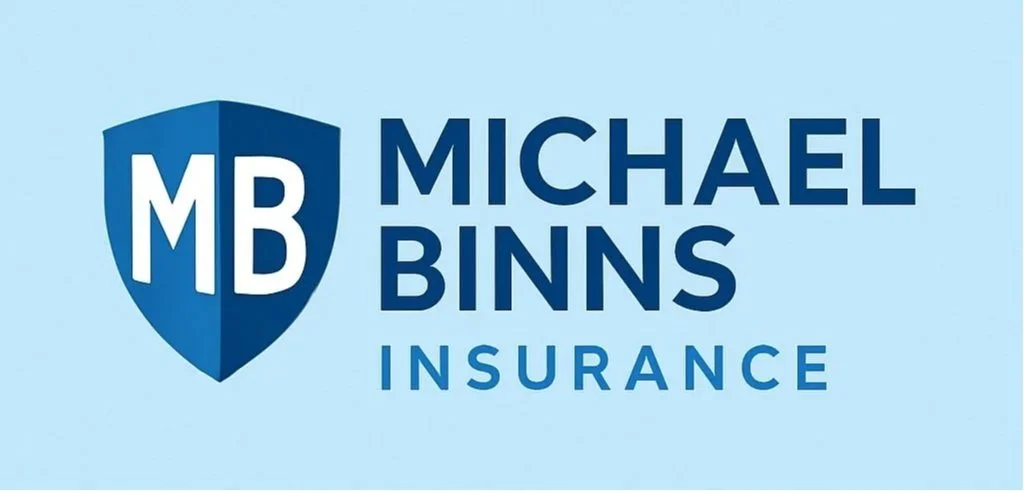Health Insurance Types
-

Under 65 Individual and Family Coverage
Health insurance for people under 65 in the United States covers a wide range of options tailored to individuals and families who don’t yet qualify for Medicare. Coverage is essential for accessing health care, managing costs, and protecting against high medical expenses.
The Health Insurance Marketplace (also called an “exchange”) is a service that helps individuals and families under 65 shop for and enroll in affordable, quality health insurance plans. It is accessible via Healthcare.gov (federal) or state-based exchanges. All Marketplace plans must cover essential health benefits (doctor visits, hospitalization, preventive care, prescriptions, maternity, mental health, etc.) and no denial for pre-existing conditions.
-

65+ Medicare & Medicaid Coverage
Medicare is the U.S. federal health insurance program primarily for people age 65 and older, but it also covers certain younger individuals with disabilities or qualifying health conditions (like end-stage renal disease).
Medicare provides reliable health coverage for millions of Americans, offering a safety net for medical needs as you age or if you have qualifying disabilities
Medicaid is joint federal and state program providing health coverage to people with low income, limited resources, and certain groups (children, pregnant women, elderly, and people with disabilities).
-

65+ Veteran Coverage & Medicare
Veterans who have served in the military may qualify for both VA (Veterans Affairs) health care benefits and Medicare. VA benefits provide care at VA medical facilities, while Medicare gives coverage for care at non-VA providers nationwide. Having both VA and Medicare allows veterans greater flexibility and options for medical care, as Medicare can be used for services the VA doesn’t cover or when visiting non-VA hospitals and doctors.
It's important for veterans turning 65 to enroll in Medicare Parts A and B, even if they plan to use VA benefits, to avoid late penalties and ensure they have maximum coverage in any setting.
-
Individual & Family Plan Search
Discover Individual & Family Plans Offered in Your Area
-
Medicare Plan Search
Discover Medicare Plans in Your Area
-
Veteran-Medicare Plan Search
Discover Medicare Plans in Your Area
